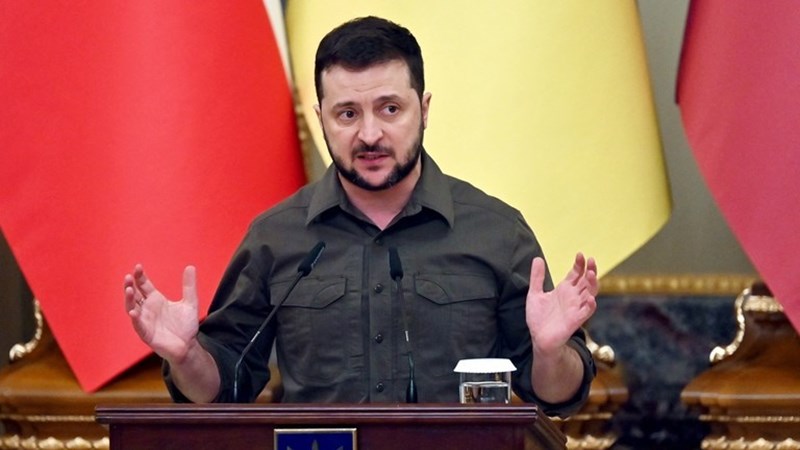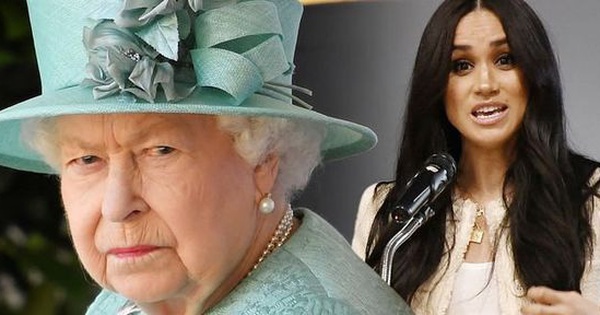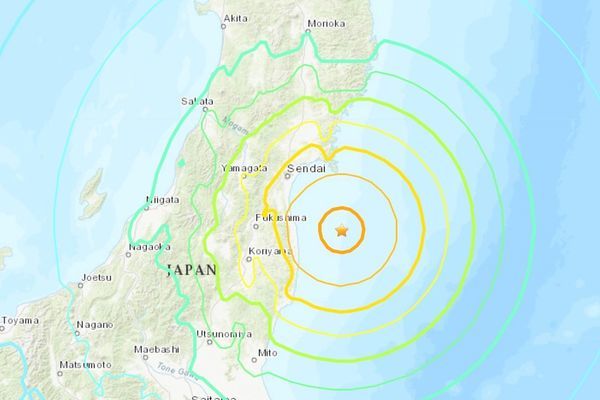EU bans Russia from shipping oil by sea
After weeks of negotiations, the 27 European Union (EU) countries on May 30 agreed on the termination oil transportation of Russia by sea. Pipeline delivery will continue. Some countries will also receive an extension or waiver.

6th package of sanctions against Russia
On May 30, European Union leaders agreed to ban most oil imports from Russia into the bloc before the end of the year. The embargo in the EU’s latest Russia sanctions package includes Russian oil transported by sea.
According to AP, this embargo does not apply to oil from Russia transported by pipeline – an important factor that makes Hungary, a landlocked country, support. The EU’s Russia embargo needs to be agreed upon by all 27 member states.
European Council President Charles Michel said the agreement is in effect for more than two-thirds of oil imports from Russia. Ursula Von der Leyen, President of the European Commission, pointed out that the sanctions will “effectively cut about 90% of oil imports from Russia into the EU before the end of the year”.
The bloc’s leaders also agreed to provide Ukraine with 9 billion euros ($9.7 billion) in assistance to help the country’s economy, Michel added. It is not clear whether the money is in the form of grants or loans.
The new package of sanctions against Russia also includes an asset freeze and a travel ban on Russian individuals. Russia’s largest bank, Sberbank, will be excluded from the SWIFT global interbank money transfer system. The EU previously excluded a number of smaller Russian banks from the system. Under the new sanctions package, three major Russian state television stations will be banned from broadcasting in the EU. The new sanctions will be legally approved on June 1.
In a 10-minute video address to EU leaders on May 30, Ukrainian President Volodymyr Zelenskyy emphasized that the EU’s sanctions package against Russia must be adopted, put into effect and must include sanctions on Russian oil. This is not the first time that the Ukrainian leader has suggested that the 27-member bloc target sanctions on the Russian energy sector.
The issue of food security was discussed by EU leaders on May 31, in which they urged governments to speed up the implementation of “solidarity lanes” to help Ukraine export grain and other commodities. other products.
High oil prices help Russia reduce damage
Before the embargo on Russian oil transported by sea on May 30, the EU had imposed five rounds of sanctions on Russia since Russia launched a military campaign in Ukraine. EU sanctions have targeted more than 1,000 people, including Russian officials, businessmen, as well as the banking and coal sectors.
The sixth package of measures scheduled to be announced on May 4 was delayed due to supply concerns. Hungary has led a group of EU countries, including Slovakia, the Czech Republic and Bulgaria, in protesting over concerns about the impact of the oil ban on the economy. Hungary relies heavily on Russia for energy and cannot afford to break it off completely. Hungarian Prime Minister Viktor Orban has made it clear that he can only support new sanctions if the security of the country’s oil supplies is guaranteed. Hungary imports more than 60% of its oil from Russia and relies on crude oil that passes through the Soviet-era Druzhba pipeline. In addition to its need for Russian oil, Hungary also receives 85% of its gas from Russia.
Strong opposition led the EU to reduce the size of the sanctions package. The initial goal of the EU’s sixth package of sanctions against Russia is to gradually eliminate imports of Russian crude oil within six months and stop importing refined Russian petroleum products before the end of the year. The EU imports about 40% of its gas and 25% of its oil from Russia. On May 30, both Mr. Michel and Ms. von der Leyen said that the leaders of the bloc would soon continue to discuss sanctions to embargo Russian oil through the pipeline.
EU officials note that pipelined Russian oil accounts for a third of the bloc’s imports. However, if Germany and Poland keep their commitments to get rid of Russian oil by the end of the year, then Russia will sell less oil than that.
According to estimates by the Wednesday Group, a group of experts that monitor Russia’s energy sales, because of the rise in oil prices, Moscow continues to earn the same amount of fossil fuel sales as it did before the war in Ukraine broke out. The group sees Russia’s energy revenues amounting to about $1 billion or more per day.
According to the Washington Post, the EU’s decision not to immediately ban all Russian oil gives Moscow time to find replacement customers, in which Asia is the most promising market. However, it will be difficult for Russia to find customers with the same needs as the EU. Moreover, the reorganization of Russia’s energy export system will take a lot of time and money.
Edward Gardner, commodities economist at Capital Economics in London, UK, expects Russian exports to fall by about 20% this year. According to him, the European Union can handle Russia’s energy exit “relatively well” when it comes to finding new suppliers. Even so, oil prices in Europe and elsewhere will remain high. “The global impact of less Russian oil being put on the market will cause prices to continue to rise,” he said. Experts also said that, even if Russia sells oil at a lower price, the level of oil price level The high world market will also help Russia to reduce the damage.
at Blogtuan.info – Source: laodong.vn – Read the original article here



